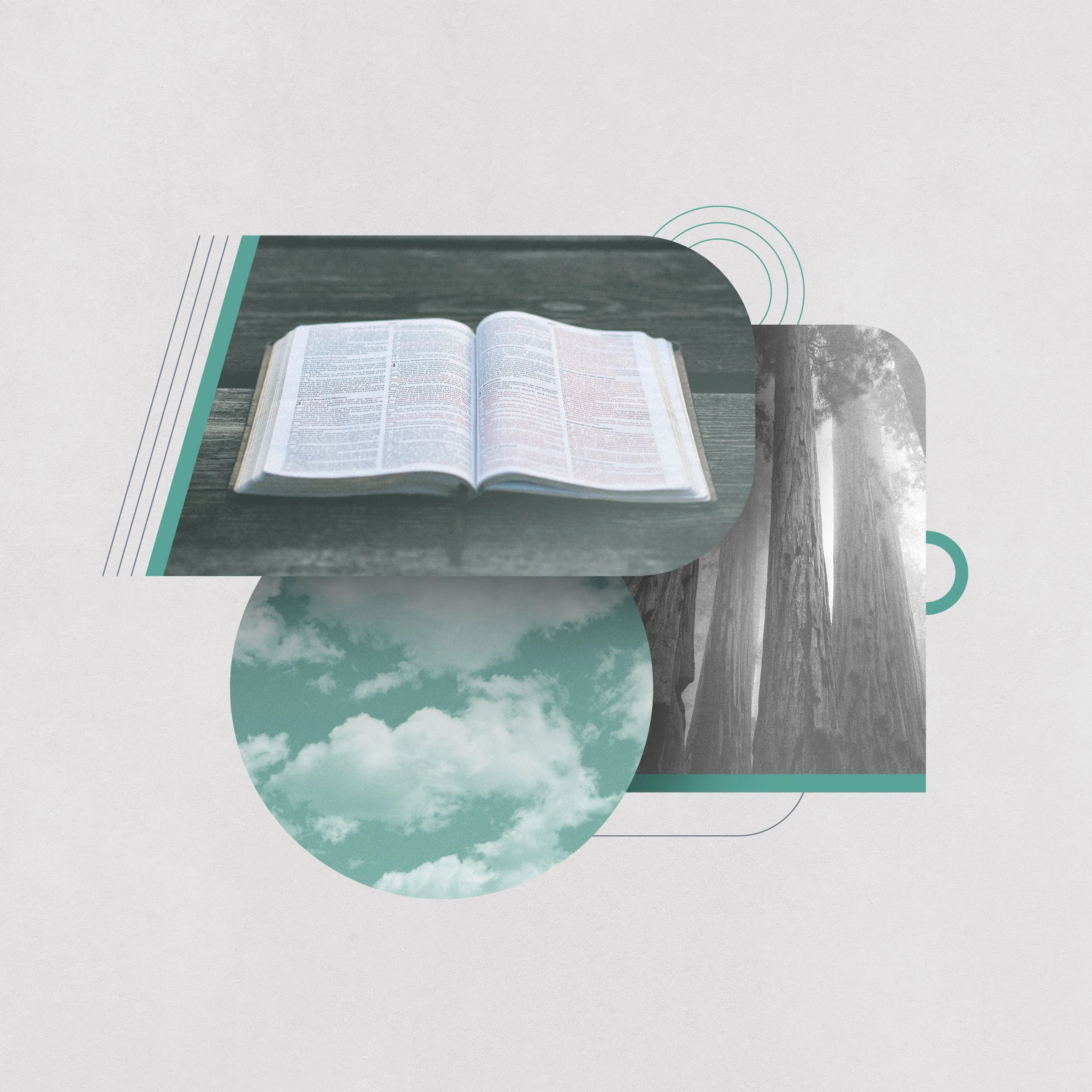3 Things You Should Know About 2 Peter

1. The Apostle Peter warns the churches of the dangers of false teaching and the ungodliness that it produces.
Peter does not name these false teachers, but from his comments in 2 Peter 2:1–3, it is clear that they were once professing Christians who have since departed from the faith. Peter describes them as introducing destructive heresies, denying the Master who they claim “bought them,” while attracting a large number of followers who blaspheme the Lord. False doctrine inevitably leads to sinful conduct. Because of their apostasy, God’s judgment upon them is certain.
Based on several hints given to us by Peter, it may be the case that these people misused the letters of Paul to justify antinomian (lawless) behavior. In 2 Peter 2:19, Peter writes, “They promise freedom, but they themselves are slaves of corruption.” The Apostle goes on to say in 2 Peter 3:15–16 that there are some things in the letters of Paul “that are hard to understand, which the ignorant and unstable twist to their own destruction, as they do the other Scriptures.” Apparently, the content of Paul’s letters was distorted in the Apostolic age, even as it is in our own.
2. Peter speaks of his readers as having a righteous standing before God through faith.
Peter writes, “who have obtained a faith of equal standing with ours by the righteousness of our God and Savior Jesus Christ” (2 Peter 1:1). The faith that grants such a standing is a gift from God given through Jesus Christ—the source of the righteousness of God—and therefore something received (Eph. 2:8–9). All those who have been given such faith are said to be of the same faith as “ours” (the Apostles). Believers obtain this righteous standing before God through the instrument of faith by means of Jesus Christ—who, Peter tells us, is God.
This righteous standing is contrasted throughout the balance of 2 Peter with the unrighteous—the false teachers and those who follow them. They once knew the way of righteousness and professed to believe the gospel preached by Peter and the Apostles but have since departed from it. Peter writes that it would have been better for them to have never known the way of the truth (2 Peter 2:21), contrasting the false teachers with an Old Testament saint, Noah, who was “a herald of righteousness” (2 Peter 2:5). The reception of the gift of faith differentiates the righteous from those who will inevitably find themselves facing God’s judgment because they departed from the truth—such a serious matter that Peter addresses it throughout the second chapter of this letter.
3. Peter informs us that the false teachers deny that Jesus will return.
Peter has already described being with the Lord on the Mount of Transfiguration (2 Peter 1:16–21), where he witnessed the Lord’s glory. This becomes the basis for Peter’s confidence in the Lord’s promises.
In 2 Peter 3:3–7, Peter warns his readers, saying:
Scoffers will come in the last days with scoffing, following their own sinful desires. They will say, "Where is the promise of his coming? For ever since the fathers fell asleep, all things are continuing as they were from the beginning of creation.”
Peter cautions that the world that existed long ago (in the days of Noah) “was deluged with water and perished. But by the same word the heavens and earth that now exist are stored up for fire, being kept until the day of judgment and destruction of the ungodly.”
Confusion about our Lord’s return was common in the early church (one can think of the questions and answers about the end times in Paul’s two Thessalonian letters), even as it is in our own day. Bible prophecy pundits have made so many wild and irresponsible predictions about the second coming of Jesus Christ that non-Christians no longer pay any attention to the Bible’s teaching that Jesus is going to return to raise the dead, judge the world, and make all things new.
To comfort his hearers, Peter reminds them:
The Lord is not slow to fulfill his promise as some count slowness, but is patient toward you, not wishing that any should perish, but that all should reach repentance. But the day of the Lord will come like a thief, and then the heavens will pass away with a roar, and the heavenly bodies will be burned up and dissolved, and the earth and the works that are done on it will be exposed. (2 Peter 3:9–10)
So, says Peter, let the scoffers be warned while God’s people remain hopeful of the glory yet to come, because “according to his promise we are waiting for new heavens and a new earth in which righteousness dwells” (2 Peter 3:13).
This article is part of the Every Book of the Bible: 3 Things to Know collection.


